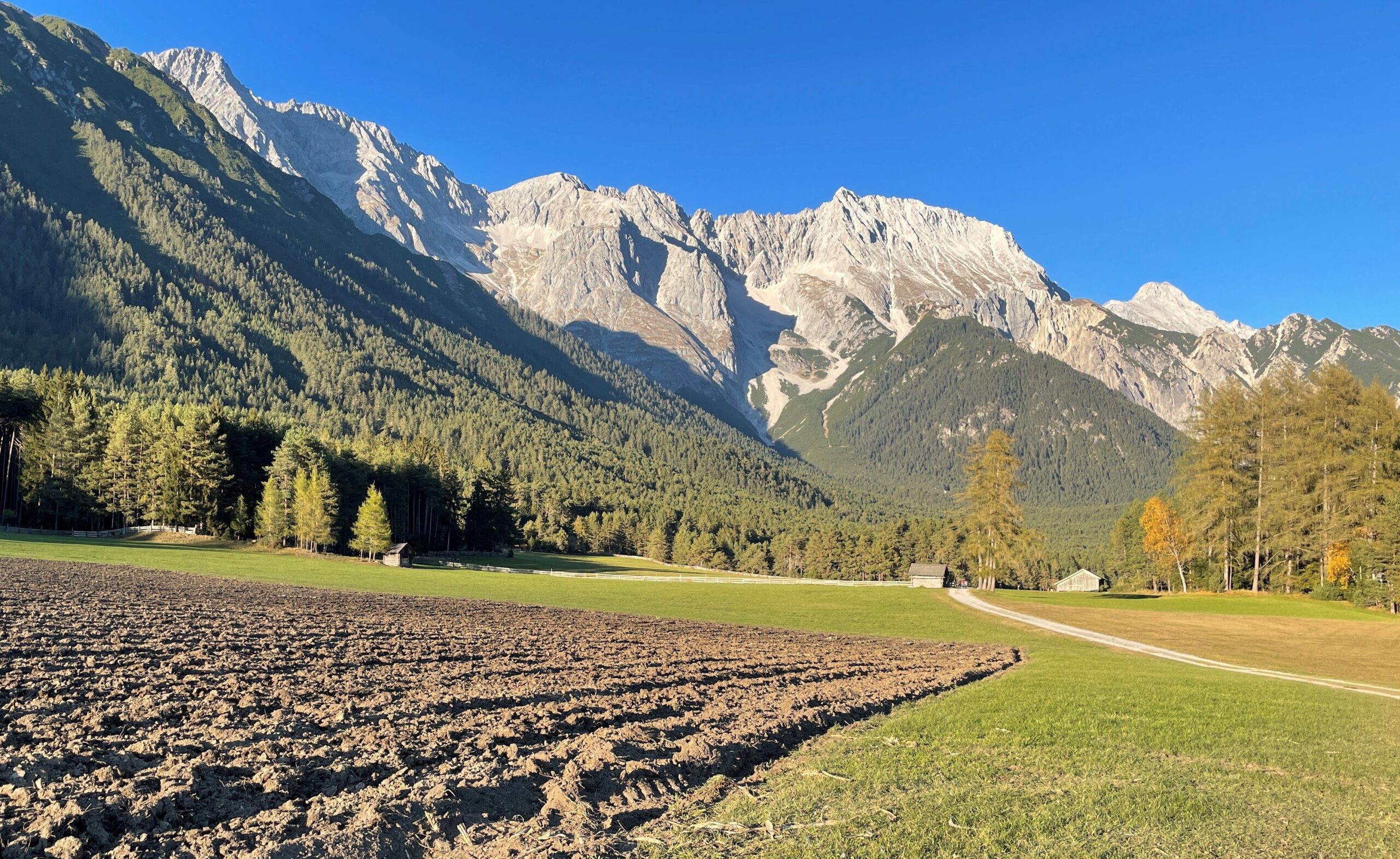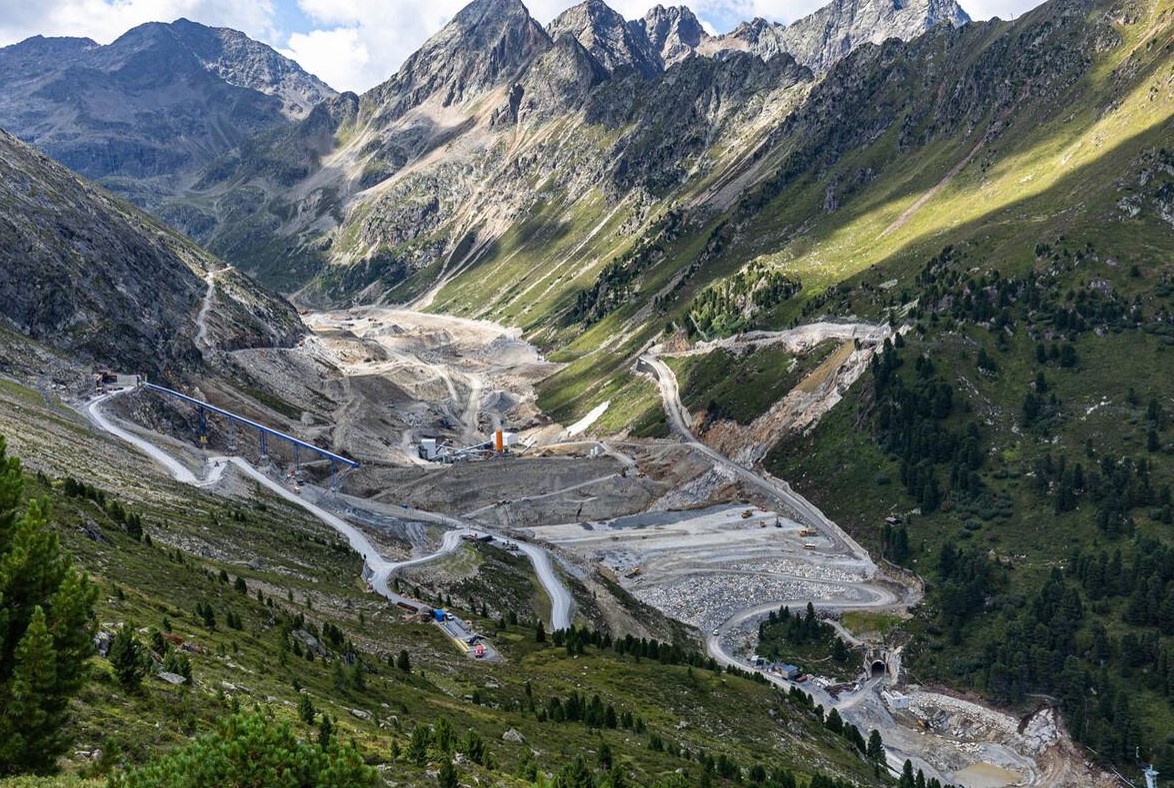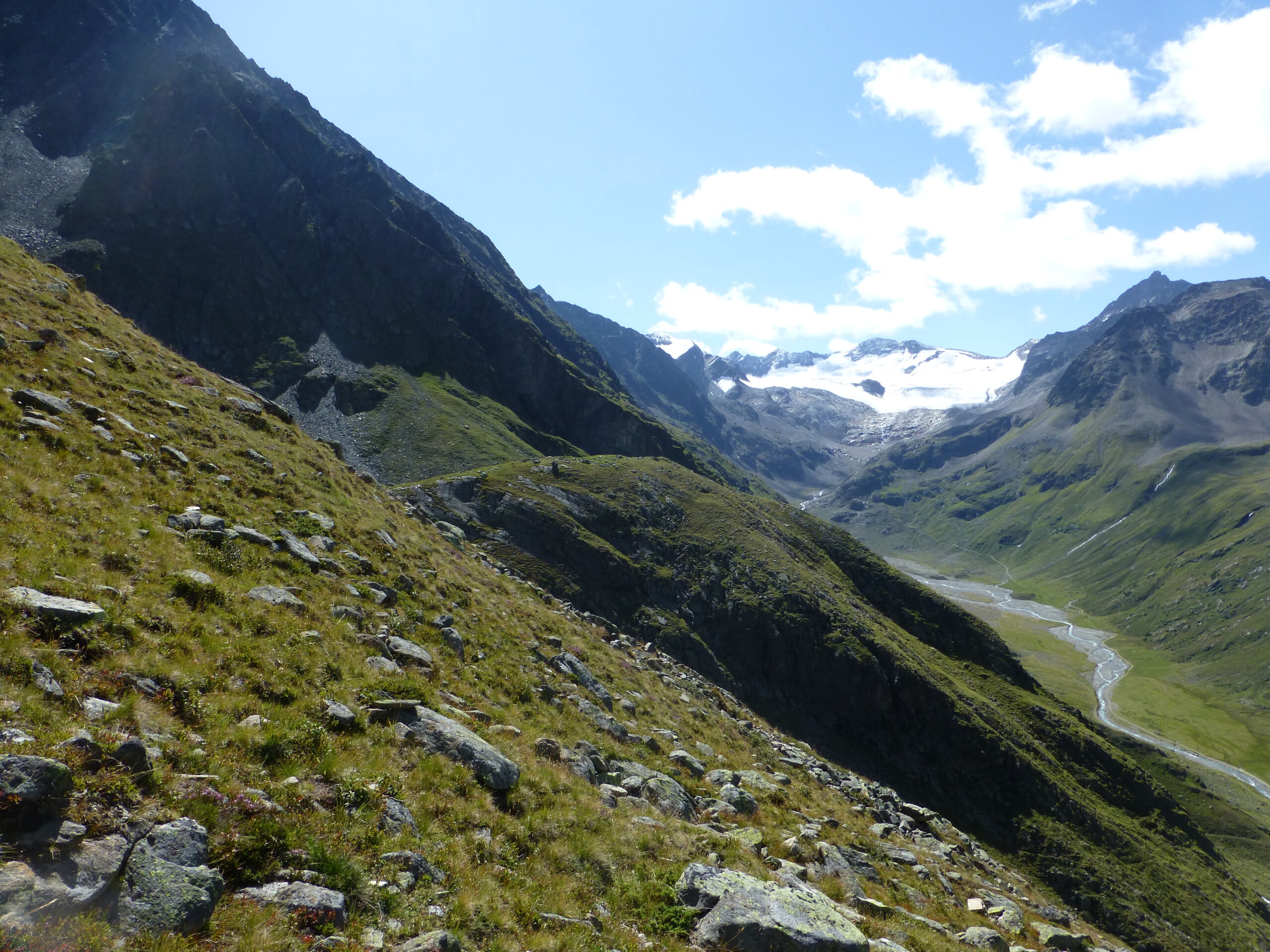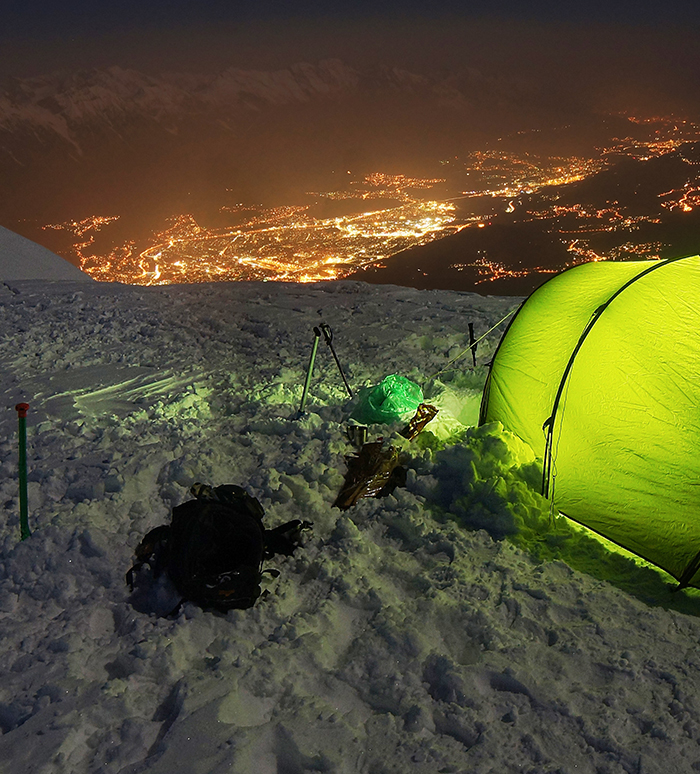
Nature Net Zero or Nature Positive ?
Over the past 16 years, the Tyrolean Environmental Ombudsman’s Office has given nature a voice in almost 20,000 proceedings. Only a negligible number of these authorisation procedures have served to improve, preserve and restore nature, the environment and the landscape in Tyrol. The vast majority of authorised projects have resulted in the encroachment, loss or at least impairment of habitats and species.
Despite repeated amendments to the Tyrolean Nature Conservation Act, despite the European nature conservation directives to be applied in connection with EU accession, despite the dedicated efforts of the Tyrolean Environmental Ombudsman and despite the commitment of the Environmental Protection Department in the area of funding and protected area management.
Today we are facing major challenges with regard to global warming and the now undisputedly recognised biodiversity crisis. In view of the progressive loss of species, landscapes, extensive cultivation and near-natural habitats, there can only be one goal under which our important economic sectors, namely tourism, agriculture and industry, should orientate themselves.
This goal is called Nature Net Zero. What does it mean?
Essentially, it is based on two pillars:
Firstly, no further destruction of habitats that cannot be restored. We bear responsibility in a European, national and regional context for animals and plants that have their last refuges in the Alps and that only have a chance of surviving if we preserve intact habitats.
Secondly, to ensure a good quality of life for future generations, it is essential to stop the further loss of attractive landscapes, habitats and species.
These two pillars do not mean that economic development is prevented. They mean that interventions in our environment can only take place in future if or in such a way that there is adequate compensation elsewhere in Tyrol, so that a notional balance of natural resources, closeness to nature and the quality of the landscape as a place to live (for human and non-human beings) is equalised.
Nature Net Zero is the translation of the European Green Deal and anticipates the renaturalisation law for Tyrol.
The term Net Zero became known in connection with the Paris Climate Protection Agreement for CO2. In the case of CO2, it means that we are committed to reducing global man-made emissions of climate-damaging gases (primarily CO2 and methane) to zero.
The term Nature Net Zero means minimising the ongoing loss and degradation of natural habitats, native species and natural soils.
This approach can also be implemented locally, is measurable and can be proven with indicators.
The Tyrolean Environmental Ombudsman’s Office is currently developing guidelines for its future work.





